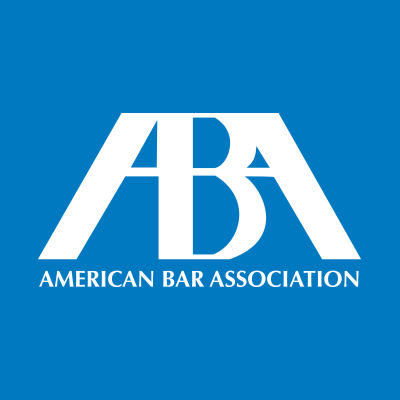ABA opposes class-action reform legislation in letter to Judiciary Committee

The American Bar Association sent a letter on Monday to the U.S. House of Representatives Judiciary Committee opposing class-action reform legislation.
In the letter (PDF) sent on behalf of the ABA, Director Thomas M. Susman of the Governmental Affairs Office says that the legislation would “unnecessarily circumvent the Rules Enabling Act; make it more difficult for large numbers of injured parties to efficiently seek redress in court; and place added burdens on an already overloaded court system.”
H.R. 985, known as the Fairness in Class Action Litigation Act of 2017, was introduced in February by Rep. Bob Goodlatte, a Republican from Virginia. A previous, similarly named act, Fairness in Class Action Legislation Act of 2016, was also opposed by the ABA.
One of the new bill’s amendments would require federal courts to deny class-action certification unless every one of the proposed class members was affirmatively demonstrated to have “suffered the same type and scope of injury” as the named plaintiffs or class representatives.
“This requirement places a nearly insurmountable burden for people who have suffered personal injury or economic loss at the hands of large institutions with vast resources, effectively barring them from bringing class actions,” Susman wrote.
“For example,” Susman continued, “in a class action against the Veterans Administration, several veterans sued for a variety of grievances centered on delayed claims. The requirement in this legislation that plaintiffs suffer the same type of injuries might have barred these litigants from forming a class because each plaintiff suffered harms that were not the same.”
Another reason Susman cited for the ABA’s opposition to the legislation was that it would “circumvent the time-proven process for amending the Federal Rules of Civil Procedure established by Congress in the Rules Enabling Act” and potentially violate the separation of powers. Susman points out that the Judicial Conference of the United States is already in the process of considering changes to class action guidelines, and that the U.S. Supreme Court’s 2016 Tyson Foods v. Bouaphakeo decision would also have an impact on what conditions must be met for classes to be certified.
“Courts have the inherent authority to control the proceedings in their courtrooms, including the power to regulate attorneys,” the letter states. “Federal statutory changes in these areas would have substantial adverse effects on the fairness, efficiency and timeliness of relief under class action processes, ultimately usurping the traditional regulatory authority of the courts.”
According to Susman, no hearings have been held to examine the rule changes in the Fairness in Class Action Litigation Act of 2017. He urged the Judiciary Committee “to hold at least one hearing” on the legislation before bringing it forward to floor consideration. The Judiciary Committee may bring up the bill as early as this week.



